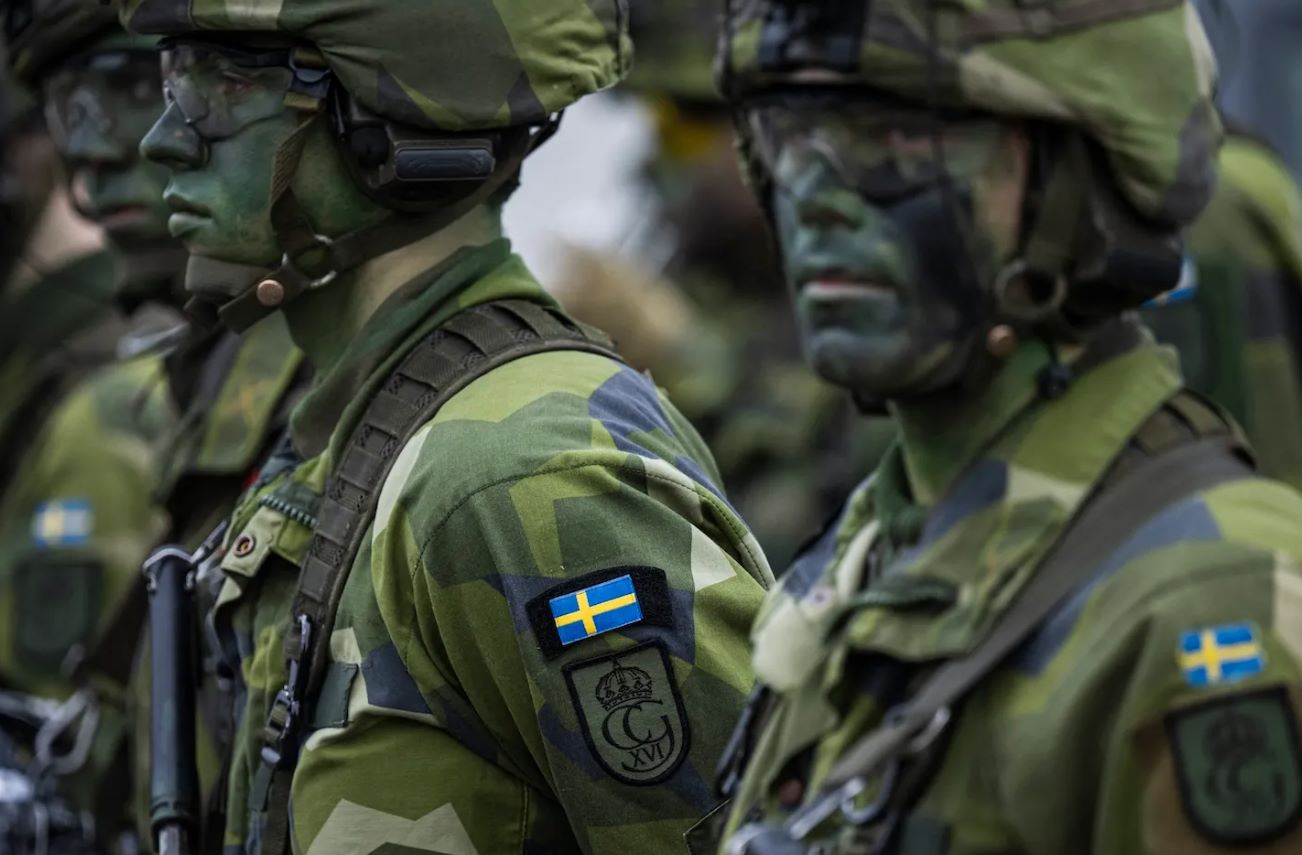From 2026, Denmark officially introduces mandatory military service for women. This decision was made in light of the worsening international security situation and the need to strengthen the country’s defense capabilities. Danish Minister of Defense Troels Lund Poulsen announced that the process of drafting women will begin earlier than expected, with preparations for this significant innovation starting as early as 2025.
Why is Denmark changing its military policy?
The main reason for expanding military conscription is the increasing threat from Russia. According to the Danish Defense Intelligence Service report, Moscow may ramp up aggressive actions in Europe over the next two years if it can free up resources currently engaged in the war against Ukraine. This has raised serious concerns among NATO countries, particularly in the Scandinavian region.
Additionally, there is a risk of decreased U.S. support for European allies, which is prompting Denmark and other countries in the region to bolster their own armed forces and increase army numbers.
How will conscription work in Denmark?
Currently, men in Denmark are subject to mandatory conscription through a lottery system, while women can volunteer for service. Starting from 2026, the rules will change: women, like men, will be required to undergo military service.
It is expected that this reform will:
🔹 Increase the size of the armed forces, a key factor in strengthening the country’s defense capabilities.
🔹 Equalize the rights and responsibilities of men and women in the sphere of national security.
🔹 Enhance the army’s combat readiness to meet modern challenges.
Reform Funding: How much will Denmark spend?
To implement this initiative, Denmark plans to allocate 1.7 billion dollars towards the development of its armed forces. These funds will be spent on:
✅ Strengthening the heavy brigade.
✅ Acquiring two military refueling aircraft.
✅ Enhancing the overall defense capability of the country.
The financing will be carried out through a specially created Acceleration Fund, aimed at improving the country’s security.
How Will This Affect Europe?
Denmark has become the third country in Northern Europe to decide on the military conscription of women. Norway was the first to do so in 2015, and Sweden reintroduced mandatory service in 2017, extending it to women.
This trend reflects global changes in defense approaches, especially in NATO countries that directly border potential danger zones.
What’s Next?
The implementation of military conscription for women in Denmark could serve as an example for other European countries looking to strengthen their armies. Will we see similar reforms in Germany, France, or even Eastern European countries in the near future?
The world politics is changing, and along with it, approaches to military duty are changing as well.


